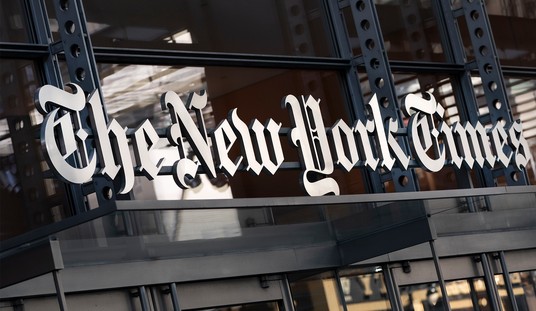A federal appeals court has ruled 7-4 that the majority of President Donald Trump’s tariffs are illegal, stating that he exceeded his authority when imposing the levies. According to the U.S. Court of Appeals for the Federal Circuit, the tariffs, which were initially imposed under Trump’s executive orders, violated the limits set by the International Emergency Economic Powers Act (IEEPA). The court’s decision comes with a catch: the tariffs will remain in effect until October 14, allowing the administration time to appeal the ruling directly to the U.S. Supreme Court.
The ruling affirms a previous decision from the U.S. Court of International Trade (CIT), declaring that Trump’s use of the IEEPA to impose tariffs was unlawful. The opinion further noted that the executive orders in question “exceed the authority delegated to the President by IEEPA’s text” and declared the tariffs invalid as “contrary to law.”
"We affirm the CIT’s holding that the Trafficking and Reciprocal Tariffs imposed by the Challenged Executive Orders exceed the authority delegated to the President by IEEPA’s text," the opinion from the Washington-based U.S. Court of Appeals for the Federal Circuit states. "We also affirm the CIT’s grant of declaratory relief that the orders are invalid as contrary to law."
In response to the court’s decision, Trump took to Truth Social, criticizing the ruling as partisan and arguing that removing the tariffs would harm the nation.
“Today, a Highly Partisan Appeals Court incorrectly said that our Tariffs should be removed, but they know the United States of America will win in the end,” Trump wrote. He went on to emphasize the importance of tariffs, stating that their removal would make the U.S. “financially weak” and lead to disastrous outcomes for the country. He noted that tariffs were essential for addressing trade imbalances and safeguarding American manufacturers and farmers.
Recommended
The revenue generated by these tariffs has been substantial, with $142 billion collected by July, more than double the amount at the same time the previous year. While Congress holds the constitutional authority to impose tariffs and taxes, it has increasingly delegated this power to the president. At the center of the controversy is Trump’s use of the IEEPA, a 1977 emergency law, to justify imposing the tariffs. The administration argued that similar emergency actions were taken during past presidencies, including Richard Nixon’s use of tariffs during the 1971 economic crisis.
Trump’s position is clear: tariffs are essential for protecting American interests. He views them as a tool to strengthen U.S. manufacturing and prevent unfair trade practices by other nations. As the ruling stands, Trump remains defiant, stating that the tariffs are vital for the country’s economic future. He believes that with the help of the Supreme Court, the United States can continue to use tariffs to its advantage, making America “rich, strong, and powerful again.”
As the legal battle continues, the fate of these tariffs hinges on whether the Supreme Court will take up the case. If the high court sides with Trump, it could set a precedent for future presidential authority over trade policy. But if the appeals court decision stands, it could limit the president's ability to impose tariffs without congressional approval, reshaping U.S. trade policy for years to come
Editor's Note: Radical leftist judges are doing everything they can to hamstring President Trump's agenda to make America great again.
Help us hold these corrupt judges accountable for their unconstitutional rulings. Join Tonwhall VIP and use promo code FIGHT to get 60% off your membership.
























Join the conversation as a VIP Member